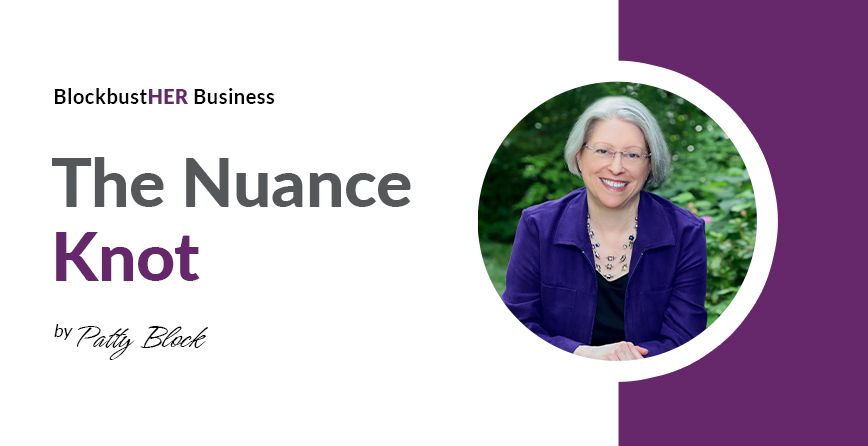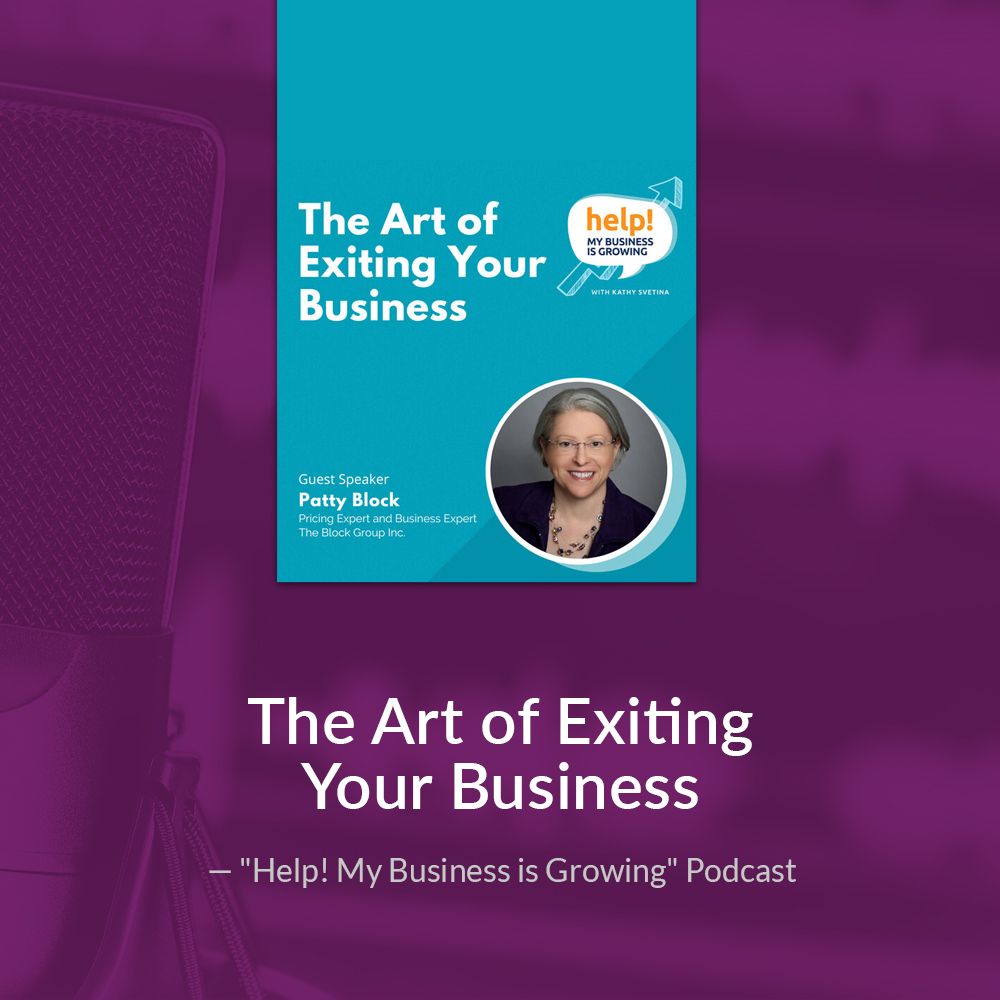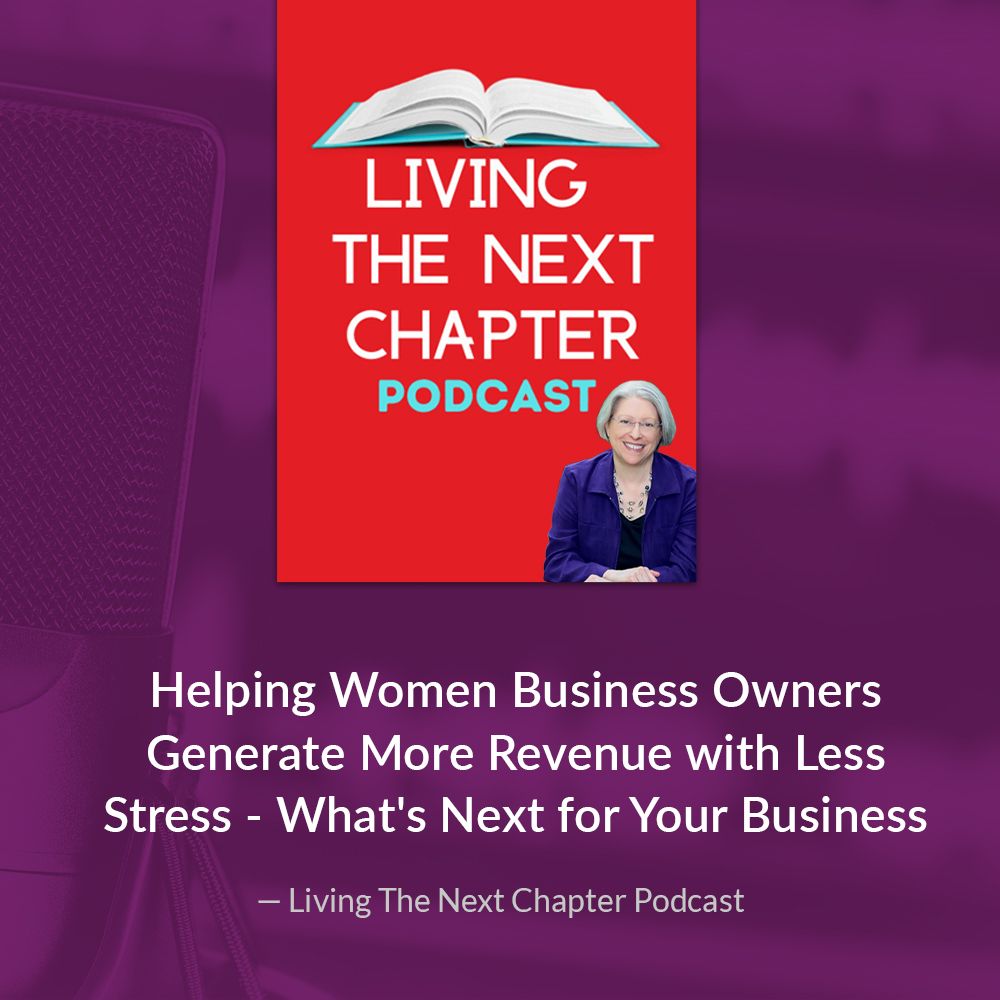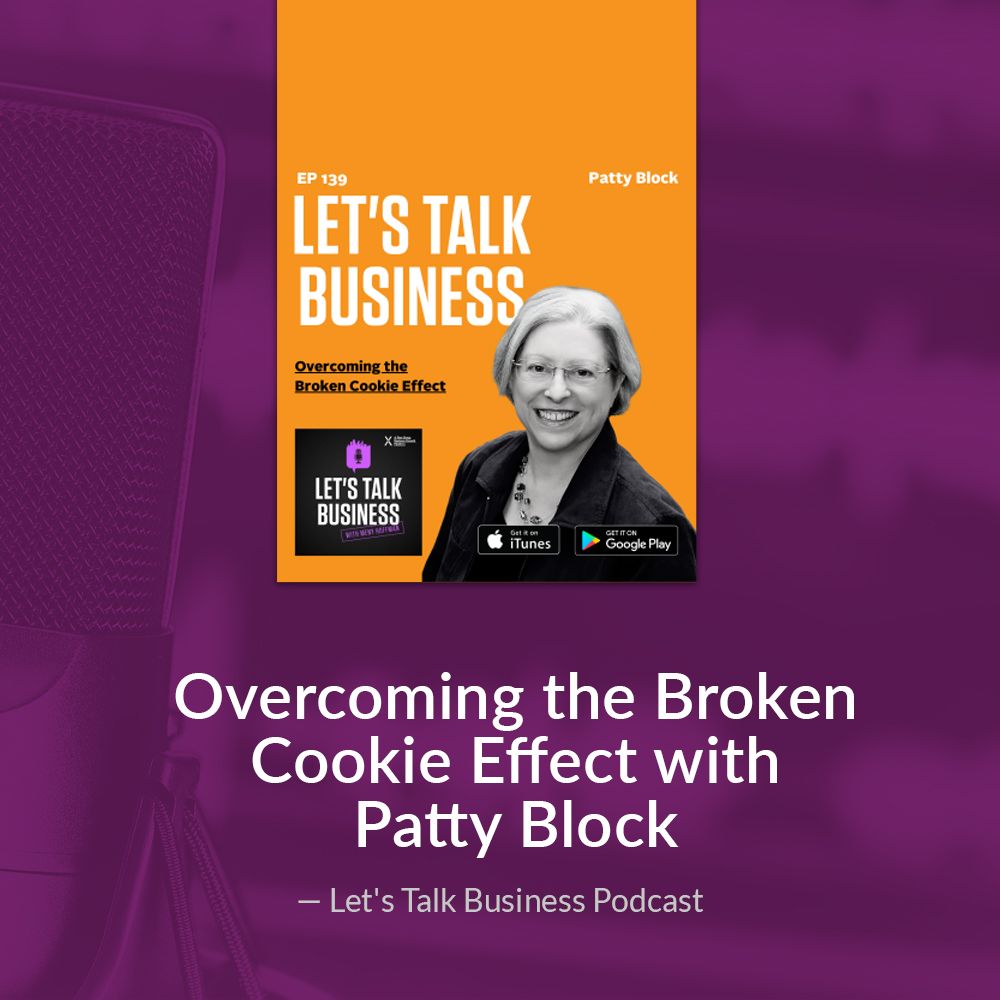
The Nuance Knot
July 16, 2024
Many years ago, I worked with a client who thought I hung the sun, the moon, and the stars. She sang my praises and told me how much she appreciated me and my work.
The next day, she questioned my ethics – or so I thought. I felt hurt and personally attacked. I couldn’t understand this huge shift in what she was telling me. We had worked together for years and now, it was like I was speaking with two different people!
I vividly remember sitting in my car, ending the call with her, and crying in anger and frustration. “How dare she question my integrity!” “She’s got this all wrong!” “She jumped to conclusions and thinks this is my fault!” “How could this have happened?!”
In the same instant, I was shocked, incensed… and crushed. I had fallen into the age-old trap of reacting and taking every word she said personally. I made it about me – not the situation, the work, or the words.
The skills and techniques I taught to political candidates are the same skills I teach today to women business owners. But communicating effectively requires so much more than learning skills. This is where women can shine, using their intuition and powers of perception, but they frequently struggle to speak up and speak out.
In my view, women who are technical experts contend with three significant communication roadblocks: perceiving nuance, use of language, and lack of confidence.
Today’s Questions:
Think back to a situation (business or personal) where you were caught off guard and reacted negatively. What did it feel like and how did you handle it? What would you do differently today?
But Here’s the Twist . . .
The single biggest mistake humans make when communicating is believing that saying something once means the other person understood it. That is almost never the case, and we make that mistake every day.
Effective communication is the cornerstone of every relationship, and the cornerstone of effective communication is active listening. This technique empowers you to:
- Focus on the speaker without making assumptions about what they want or need
- Acknowledge the speaker and repeat what you’ve heard, asking if you are correct
- Allow the speaker to correct information or add details
- Express approval and ask what the speaker needs from you
In this context, approval does not necessarily mean agreement. Approval might sound like, “I can see why you feel so frustrated” or “That’s an interesting point.”
With active listening, you can fulfill two basic human needs: acknowledgment and approval. As you practice, you’ll find that people will respond to you in a more positive and constructive way.
All types of communication have nuance – subtle differences in expression and meaning. We can misinterpret written, verbal, and nonverbal delivery because there are so many variables.
Think about an email you sent to a client who interpreted a very different message than you intended. We can’t predict or control how our message will be interpreted. We can only strive to be as clear, concise, and accurate as possible.
Nonverbal communication includes body language and perceiving messages that may not be spoken – what we think of as reading between the lines. Body language extends from physical appearance to eye contact, tone of voice, and intensity.
Almost by default, women take comments and questions personally. We misinterpret a question about the work, thinking the buyer is questioning our expertise or experience. We’re afraid they aren’t taking us seriously. We get defensive, which scuttles the discussion and likely the sale.
Because we find ourselves in a reactive mode most of the time, it means we’re always on alert for problems or insults. It sets us up for hurt feelings and frustration. We may worry there’s bad intent when there is none, and all this “head trash” derails us.
Preparation is the best antidote for poisonous nuance and taking things personally.
-- Excerpt from Patty’s book, Your Hidden Advantage: Unlock the Power to Attract Right-fit Clients and Boost Your Revenue
Now What?
I was definitely caught off guard and reacted negatively to my former client. Even though I know and routinely use my active listening skills, I still fell into the trap of taking her words personally.
Perceiving nuance is a subtle art since words are used with shades of meaning. Active listening helps you avoid misunderstandings and put the brakes on taking words personally.
Controlling your emotions (and ego) is one of the hardest aspects of running – and exiting – your business.
In the case of your business exit, you're not just selling a company; you're transitioning a piece of your identity. Your business is an embodiment of your passion, hard work, and aspirations.
Have you built a profitable and valuable business but instead of feeling like there's something missing, you’re feeling like there's something more?
I specialize in helping women founders transition to their Third Act – when you’re ready to do the work you’ve always longed to do.
Work that lights you up. Work that is your purpose instead of just a paycheck.
In my experience, women don't retire; they transition into a new stage of purpose and impact. Whether you are 40 or 60, the idea of retirement may not appeal to you. Just because you can retire doesn’t mean you’ll want to.
We can redefine ‘retirement’ and think of your eventual business exit as a ‘purposeful transition’.
Are you ready to leap into your Third Act and grab the whole cookie?
That requires a new way of thinking, new skills, a simple and elegant design, and an advocate by your side. Contact me to learn more.
Discover your Exit Readiness Index™ with this assessment: http://she-exits.com/

A Note from Patty...
My life’s work is empowering high-achieving women business owners to fine-tune their operations and scale their revenue for strategic growth, creating real business value and emerging exit ready. That value can transform into wealth when they are ready to exit their company - and I believe that wealth in the hands of women elevates society as a whole.
Latest Articles
- Your Fork In The Road
- Living Capital™
- 3 Lies We're Sold
- Exit Blind Spots
- Stable Stagnation
- Boutique Power
- Orienting For The New Year
- Learning From Fiction
- What Inspires You?
- The Bottom-Line Truth
- When Is The Time Right?
- Stored In The Heart
- Redefining ‘Exit’
- Planning An Elegant Exit
- Thinking In Circles
-
![]()
The Art Of Exiting Your Business
Help! My Business is Growing!Listen now -
![]()
Helping Women Business Owners Generate More Revenue with Less Stress - What's Next for Your Business
Living The Next Chapter PodcastLISTEN NOW -
![]()
Overcoming the Broken Cookie Effect with Patty Block
Let's Talk Business PodcastLISTEN NOW








